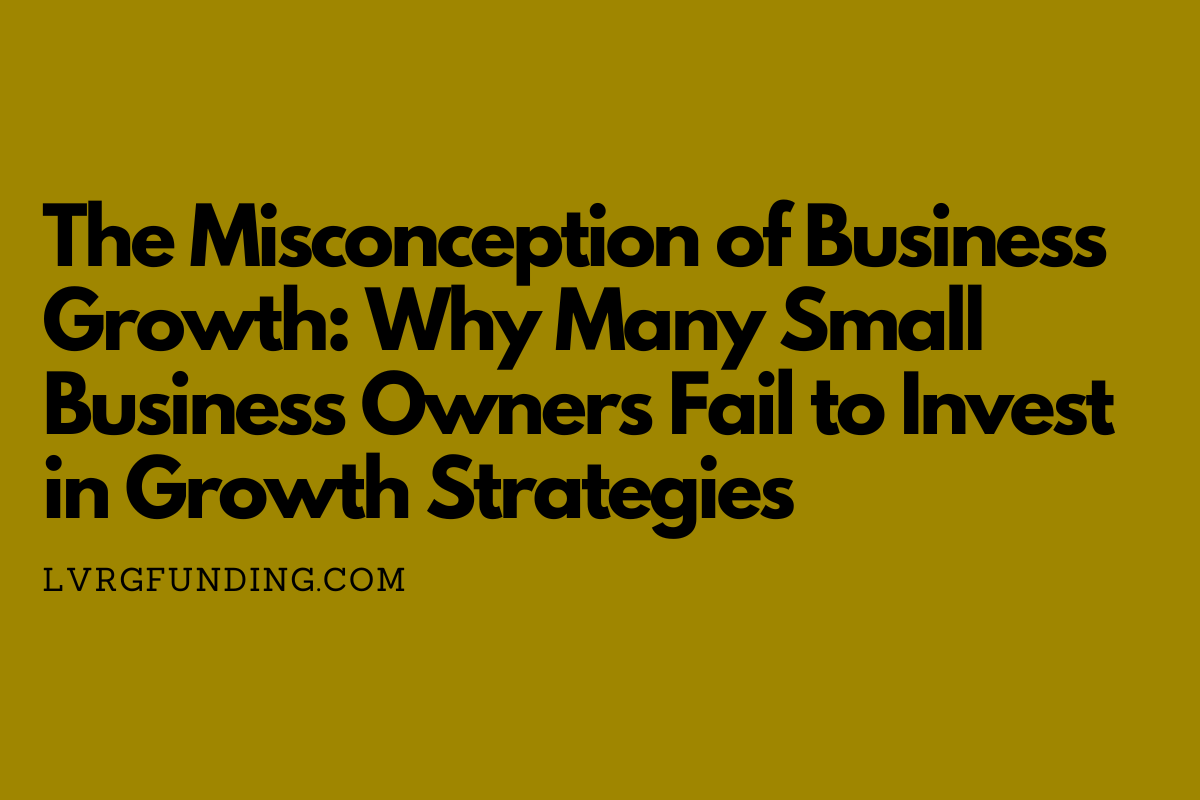In the fast-paced world of small business ownership, the availability of working capital is often a determining factor for growth and success. Working capital loans offer a direct pathway to immediate business expansion, providing entrepreneurs with the financial flexibility needed to seize opportunities and navigate challenges. This article explores the tangible impact of working capital loans on small business growth, highlighting how these financial tools can be a catalyst for immediate and sustainable expansion.
Fueling Operational Efficiency: Working capital loans inject liquidity into a business, allowing owners to streamline operations and improve efficiency. Immediate access to funds enables the optimization of inventory management, timely payment of suppliers, and the hiring of additional resources, leading to enhanced productivity and reduced operational bottlenecks.
Seizing Time-Sensitive Opportunities: In the dynamic business landscape, opportunities often arise unexpectedly. Working capital loans empower small business owners to seize time-sensitive opportunities, such as bulk purchasing discounts, strategic partnerships, or entering new markets. The ability to act swiftly can be a game-changer for immediate growth.
Accelerating Marketing and Sales Initiatives: Effective marketing and sales strategies are vital for small business growth. Working capital loans provide the financial support needed to invest in marketing campaigns, promotional activities, and sales initiatives. The immediate impact is heightened brand visibility, increased customer acquisition, and a boost in revenue.
Adapting to Market Trends: Markets evolve, and businesses must adapt to stay relevant. Working capital loans offer the agility to adapt to changing market trends by investing in product development, diversifying offerings, or implementing technological upgrades. Small businesses can position themselves as industry leaders with immediate responses to market shifts.
Meeting Seasonal Demands: Many industries experience seasonal fluctuations in demand. Working capital loans provide a buffer to meet increased demands during peak seasons. Whether it's ramping up production, expanding inventory, or hiring temporary staff, the immediate infusion of funds ensures businesses capitalize on seasonal opportunities.
Addressing Urgent Expenses: Small businesses often face unexpected expenses, from equipment breakdowns to unforeseen repairs. Working capital loans act as a financial safety net, enabling owners to address urgent expenses promptly. This immediate response prevents disruptions in operations and maintains business continuity.
Enhancing Customer Experience: A positive customer experience is crucial for sustained growth. Working capital loans allow businesses to invest in customer-centric initiatives, such as improved service delivery, personalized experiences, or the adoption of customer feedback tools. Positive customer interactions contribute to immediate and lasting growth.
Creating a Path for Long-Term Success: Immediate small business growth facilitated by working capital loans is not just about short-term gains. By strategically deploying funds to address immediate needs, small business owners create a foundation for long-term success. The momentum generated through immediate growth sets the stage for sustained expansion and profitability.
Working capital loans serve as a powerful catalyst for immediate small business growth, providing owners with the financial resources needed to seize opportunities, overcome challenges, and position their ventures for success. The impact is not only felt in the short term but creates a pathway for sustained expansion, ensuring that small businesses remain agile, competitive, and poised for long-term prosperity in the ever-evolving business landscape.
Written by Charles M. Barr, CEO of LVRG Business Funding






